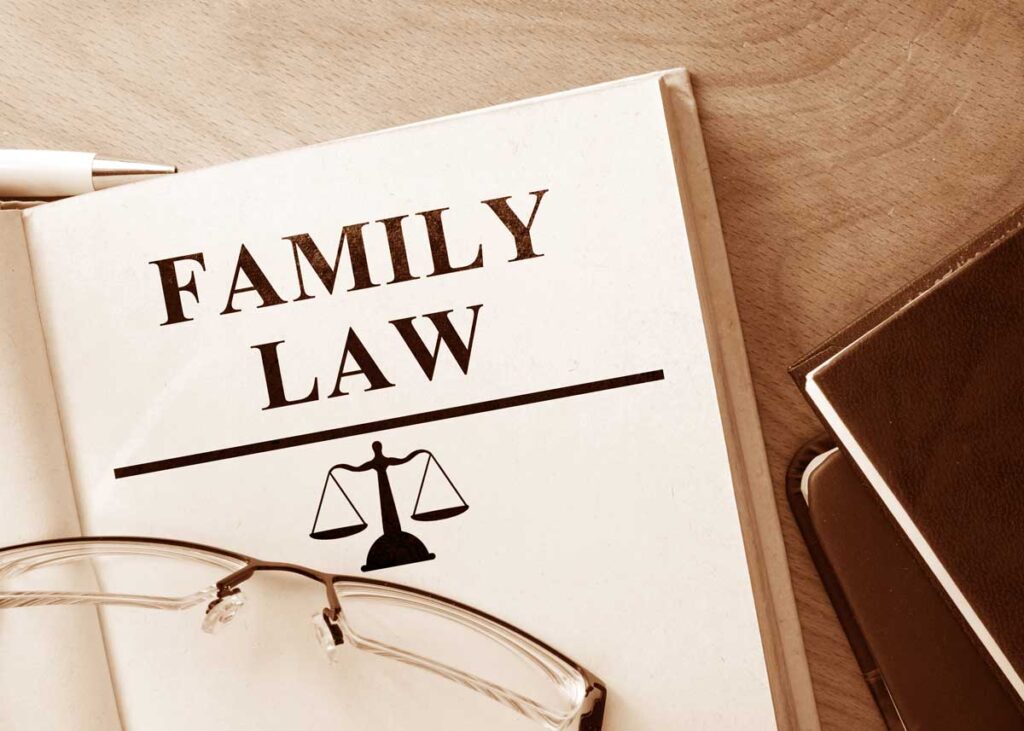Family law in Brisbane encompasses a wide range of issues, particularly those concerning parenting arrangements and property disputes. Navigating these complex matters can be challenging, especially during emotionally charged situations like separation or divorce. This article aims to provide a comprehensive overview of the key aspects of family law in Brisbane, focusing on parenting and property disputes, while offering guidance on how to approach these sensitive issues.
Understanding Parenting Disputes
Parenting disputes often arise when parents separate or divorce, leading to disagreements over the care and upbringing of their children. The Brisbane family law Act 1975 serves as the legislative framework governing these matters in Australia, prioritising the best interests of the child above all else.
The Best Interests of the Child
When determining parenting arrangements, the court evaluates several factors to ascertain what is in the child’s best interests. These factors include the child’s wishes (if they are of sufficient age and maturity), the relationship the child has with each parent, and the capacity of each parent to provide for the child’s needs. Additionally, the court considers the child’s safety and any history of family violence or abuse.
It is essential for parents to approach these disputes with a focus on collaboration and communication. Mediation is often encouraged as a first step, allowing parents to negotiate arrangements without the need for court intervention. This process can lead to more amicable outcomes and reduce the emotional strain on both parents and children. Furthermore, mediation can provide a structured environment where parents can express their concerns and aspirations regarding their child’s welfare, often leading to creative solutions that may not have been considered in a more adversarial setting.
Types of Parenting Orders
There are two main types of parenting orders that the court can issue: residence orders and contact orders. A residence order determines with whom the child will live, while a contact order outlines the arrangements for the child to spend time with the other parent or other significant individuals in their life.
In some cases, the court may issue shared parenting orders, which allow both parents to have equal responsibility for the child’s upbringing. These arrangements can be beneficial, as they promote the involvement of both parents in the child’s life, fostering healthy relationships and stability. It is important to note that shared parenting does not necessarily mean a 50/50 split in time; rather, it focuses on both parents being actively engaged in decision-making and providing emotional support. This involvement can greatly enhance a child’s sense of security and belonging, helping them to navigate the challenges that often accompany parental separation.
Property Disputes in Family Law
Property disputes can be equally complex and emotionally charged. When a couple separates, they must divide their assets and liabilities, which can include real estate, bank accounts, superannuation, and personal belongings. The Family Law Act 1975 also governs property settlements, ensuring a fair and equitable distribution of assets.
Identifying Assets and Liabilities
The first step in resolving property disputes is to identify all assets and liabilities. This process involves compiling a comprehensive list of everything owned and owed by both parties. It is crucial to be transparent during this stage, as hiding assets can lead to serious legal consequences.
Once the assets and liabilities have been identified, the next step is to assess their value. This may require professional valuations for properties, businesses, or other significant assets. Accurate valuations are essential for ensuring a fair distribution of property, as they provide a clear picture of each party’s financial standing. It is also important to consider the emotional value of certain items, such as family heirlooms or personal possessions, which may not have significant monetary worth but hold substantial sentimental value for one or both parties.
The Four-Step Process for Property Settlements
The court typically follows a four-step process when determining property settlements:
- Identify and value the assets and liabilities: As mentioned, this includes all properties, bank accounts, debts, and other financial interests.
- Consider the contributions: The court evaluates both financial and non-financial contributions made by each party during the relationship. This includes income, homemaking, and caregiving responsibilities.
- Assess future needs: The court considers the future needs of both parties, including age, health, income, and care responsibilities for children. This step ensures that the settlement is fair and takes into account any disparities in financial circumstances.
- Make a just and equitable order: Finally, the court makes an order that reflects a fair distribution of assets based on the previous steps.
In addition to these steps, the court may also take into account the conduct of the parties during the marriage or relationship. Instances of financial misconduct, such as reckless spending or secretive financial dealings, can influence the court’s decision on how assets are divided. Furthermore, the emotional toll of property disputes can be significant, often exacerbated by the stress of separation and the potential for ongoing conflict. Mediation and collaborative law processes are increasingly being encouraged as alternatives to litigation, allowing couples to negotiate settlements in a more amicable and less adversarial environment.

Mediation and Alternative Dispute Resolution
Mediation and alternative dispute resolution (ADR) methods are highly encouraged in family law cases. These processes can save time, reduce costs, and help maintain relationships between parties, which is particularly important when children are involved. Click here to learn about what to expect when working with a Family Lawyer Brisbane.
The Benefits of Mediation
Mediation allows both parties to discuss their concerns and preferences in a structured environment, guided by a neutral mediator. This can lead to more satisfactory outcomes, as both parents have the opportunity to express their views and work collaboratively towards a solution.
Moreover, mediation is often less adversarial than court proceedings, which can help preserve the emotional well-being of all parties involved. It also empowers parents to take control of the decision-making process regarding their children’s future, rather than leaving it in the hands of a judge.
When to Consider Court Proceedings
While mediation is generally preferred, there are situations where court proceedings may be necessary. If one party is unwilling to negotiate in good faith, or if there are concerns about safety, such as domestic violence, seeking a court order may be the best course of action. In these cases, legal representation is highly advisable to ensure that rights are protected and appropriate measures are taken.
Legal Representation in Family Law Matters
Engaging a qualified family law solicitor can significantly impact the outcome of parenting and property disputes. Legal professionals possess the expertise to navigate the complexities of family law and can provide valuable advice tailored to individual circumstances.
Choosing the Right Solicitor
When selecting a family law solicitor in Brisbane, it is essential to consider their experience, reputation, and approach to client relationships. A good solicitor will not only have a thorough understanding of family law but will also be empathetic and supportive throughout the process.
It is advisable to schedule initial consultations with potential solicitors to discuss your case and gauge their suitability. During these meetings, ask about their experience with similar cases, their approach to mediation, and their fee structure. This information can help in making an informed decision.
Costs and Financial Considerations
Legal fees can vary significantly, depending on the complexity of the case and the solicitor’s experience. It is important to discuss costs upfront and understand the potential financial implications of pursuing legal action. Some solicitors may offer fixed fees for specific services, while others may charge hourly rates.
Additionally, individuals should be aware of the possibility of recovering legal costs in certain situations, particularly if one party has acted unreasonably during negotiations. Seeking legal advice early can help clarify potential costs and financial responsibilities.

Conclusion
Navigating parenting and property disputes in Brisbane can be a daunting process, but understanding the legal framework and available options can empower individuals to make informed decisions. Prioritising the best interests of children and seeking collaborative solutions through mediation can lead to more positive outcomes for families.
Engaging experienced legal representation can also provide essential support and guidance throughout the process, ensuring that rights are protected and that individuals are well-informed about their options. By approaching these disputes with a focus on resolution and cooperation, families can work towards a brighter future, despite the challenges they may face.

